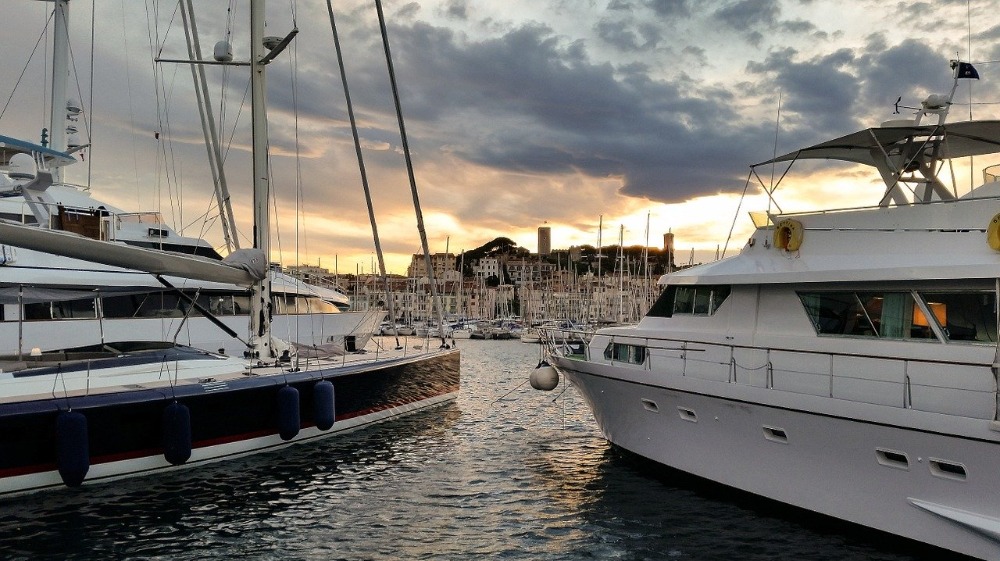SuperyachtNews COVID-19 Advisory - Yachting activities in France
Four important measures due to COVID-19 to bare in mind when performing yachting activities in France…
The Stream Avocats & Sollicitors team of Freddy Desplanques, Amélie de Franssu and Rémi Kircher explore some current covid-19 regulations in France for superyacht owners
The end of the lockdown period in France is scheduled on 11 May 2020. Since early March 2020 the French government and local authorities have been taking successive measures to prevent the mass spread of the Coronavirus as much as possible. Specifically, Decree no. 2020-260 of 16 March 2020 (as amended) and Decree no. 2020-423 of 14 April 2020 to prohibit, since 16 March 2020 and until at least 11 May 2020, the movement of any person away from his or her home, with a limitative list of derogations.
France has also closed its borders to enter into the European Union and the Schengen area. These measures have been impacting the ports and yacht activities in the country. Here is a list of four main measures directly impacting the yachting industry in France, updated as of 16 April 2020.
Please note that additional measures will be taken in the coming days to organise the end of the lockdown, as the government has indicated that all measures will not be lifted at once on 11 May 2020. We will revert on this point.
1. Pleasure navigation is strictly forbidden in all French territorial waters until at least 11 May 2020:
- All cruise ships, with or without passengers, are prohibited from calling, stopping or anchoring in French internal waters and territorial sea. The provision applies only to calls, stops and moorings beginning on or after 31 March 2020.
- Exceptions include vessels in distress or vessels that have rescued people at sea. Other exceptions depend upon local authorities, on a case by case basis.
- Foreign-flagged vessels (non-French / RIF) are only authorised to exercise their right of innocent passage in order to cross, continuously and rapidly, the French territorial waters or to reach the high seas.
- French and foreign-flagged vessels subject to the prohibitions of this by-law are authorised to return to their home port on the French coast of Med, provided that they have made a prior declaration to the following e-mail address: contact@premarmediterranee.gouv.fr.
- In Overseas territories:
- New-Caledonia has only authorised navigation of vessels of the State or of New-Caledonia territory navigating as part of a public service or rescue mission;
- French Polynesia has only authorised commercial navigations between Tahiti, Moorea and Maiao for professional, health or imperious family reasons.
2. Commercial navigation is restricted
- Essential commercial activities such as certain cargoes are allowed to access to ports. The disembarkation of crews could however take place after a medical check.
- The port authority has full discretion to deny access to the port to ships, boats and floating structures whose entry would be likely to jeopardise safety, security, health or the environment, as well as the conservation or proper operation of port facilities.
- However, the prohibition provisions do not apply to vessels engaged in a commercial activity, State ships, ships on a mission of assistance, rescue or protection of the marine environment and ships and craft of a territorial authority responsible for the surveillance and safety.
- The number of passengers is limited:
- Unless an exemption is granted by a representative of the State, more than 100 passengers are prohibited from calling or anchoring[1] in the French continental ports of the Mediterranean, Atlantic, English Channel Islands and North Sea, in the inland waters and territorial waters of the overseas departments and regions and of Saint Barthelemy and Saint Martin, Saint Pierre and Miquelon, and Wallis and Futuna;
- In no case may the number of passengers and crew exceed one quarter of the maximum capacity of the vessel.
3. Shipyards are allowed to continue under specific conditions
- The Order of the Mediterranean Maritime Prefecture as of 20 March 2020 authorises the continued navigation of certain vessels including "vessels under repair in a shipyard as part of a convoy or sea trials". This regulation only concerns the Med. This possibility of navigating is subject to the express prior agreement of the French Navy semaphore closest to the shipyard.
- As any other company, shipyards may continue their activity if they implement all the necessary sanitary measures as the employer is responsible for health and safety of its employees.
- Shipyards must therefore implement on their ground the legal requirements implemented to face Covid-19, including.:
- Distance rules (1 metre minimum) and simple and effective barrier gestures must imperatively be respected;
- The employer must make sure that the rules are effectively respected, that soaps, gels, tissues and garbage bags are available;
- Meetings should be limited to what is strictly necessary;
- Groupings of employees in small spaces should be limited;
- All unnecessary travel should be cancelled or postponed.
4. Crew members can benefit from general and specific measures
- Specific authorisation must be presented to evidence a business trip (either printed or written by hand, not electronic, with the company stamp and signature of the employer) (form here).
- The validity of some certificates has been extended, such as documentary evidences for seafarers, and maritime education and training institution approvals, marine medical certificates for seafarers, during the state of health emergency aimed at curbing the spread of the Covid-19 virus.
- In the event of a seafarer's work stoppage social declaration procedures must be carried out depending on the situation. Stoppage of activity for economic and health reasons can also be indemnified.
- Repatriation measures depend on the seafarer’s place of residence and flag.
This article is provided on the basis of our understanding of the current discussions and information provided to us at this time. It does not constitute legal advice to be acted upon. Specific advice should be sought for each situation.
NEW: Sign up for SuperyachtNewsweek!
Get the latest weekly news, in-depth reports, intelligence, and strategic insights, delivered directly from The Superyacht Group's editors and market analysts.
Stay at the forefront of the superyacht industry with SuperyachtNewsweek
Click here to become part of The Superyacht Group community, and join us in our mission to make this industry accessible to all, and prosperous for the long-term. We are offering access to the superyacht industry’s most comprehensive and longstanding archive of business-critical information, as well as a comprehensive, real-time superyacht fleet database, for just £10 per month, because we are One Industry with One Mission. Sign up here.
Related news
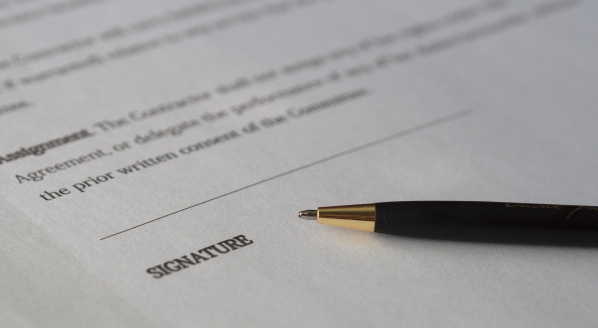
SuperyachtNews COVID-19 Advisory – new build and refit contracts
Sarah Allan, partner at Penningtons Manches Cooper, outlines issues that may arise with build and refit contracts
Business
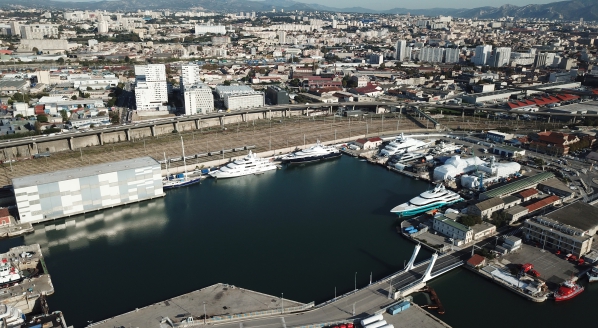
Shipyard status update: Palumbo Superyachts Marseille
We speak exclusively with General Manager, Giulio Maresca
Fleet
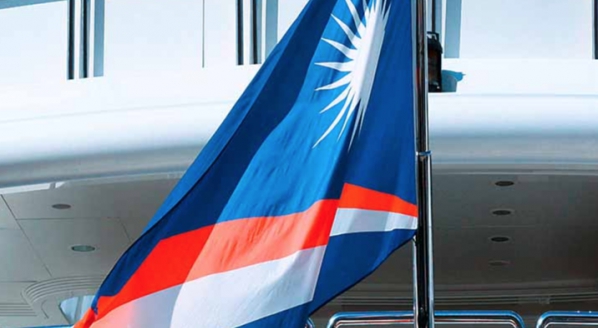
A flag state’s duty of care during a pandemic
If a superyacht is denied dockage, as many cruise ships have, what is a flag state’s responsibility in this situation?
Business
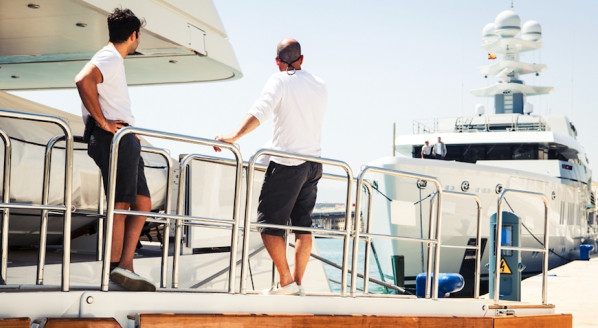
SuperyachtNews COVID-19 Advisory – P&I, what’s covered?
Yachtowners discusses the role of P&I during the COVID-19 pandemic
Crew
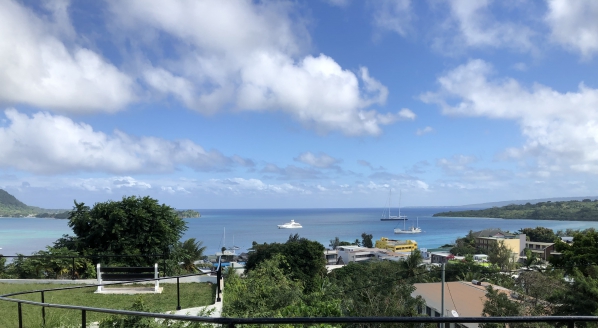
Updates from Vanuatu in the wake of Cyclone Harold
How the industry can help from a safe distance
Owner
.jpg)
MB92 Barcelona and La Ciotat sites reopen
An exclusive interview with Group President and CEO Pepe García-Aubert
Business
Related news
A flag state’s duty of care during a pandemic
5 years ago
MB92 Barcelona and La Ciotat sites reopen
5 years ago
IGY Marinas launches central information portal
5 years ago
NEW: Sign up for
SuperyachtNewsweek!
Get the latest weekly news, in-depth reports, intelligence, and strategic insights, delivered directly from The Superyacht Group's editors and market analysts.
Stay at the forefront of the superyacht industry with SuperyachtNewsweek


